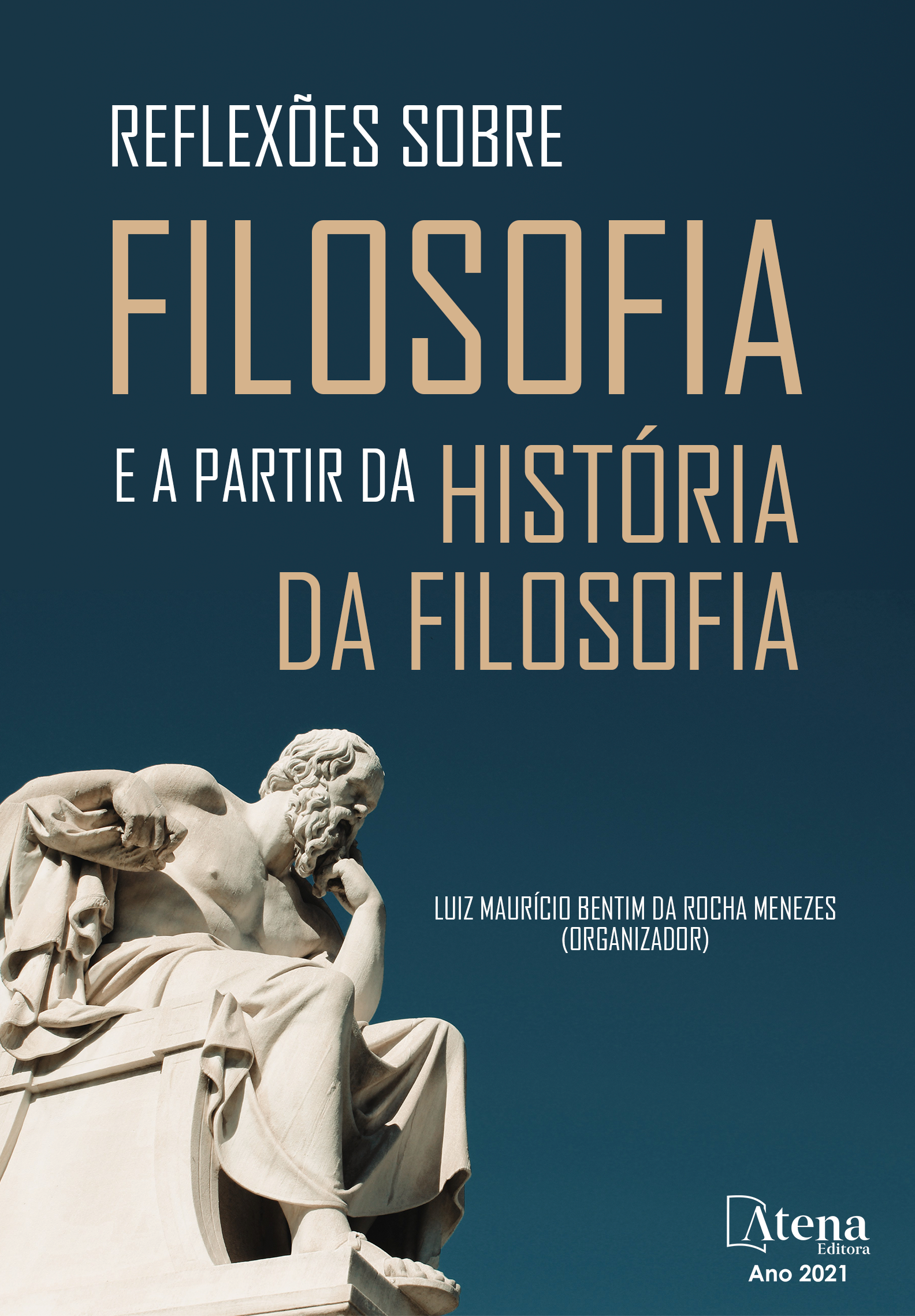
BREVES CONSIDERAÇÕES SOBRE A FILOSOFIA TRÁGICA NO EXPERIMENTO DE PENSAR DO JOVEM NIETZSCHE
Nestas breves notas histórico-filológicas a respeito do pensamento nietzscheano buscaremos apontar aspectos da filosofia trágica em articulação com o chamado experimento do pensar na primeira fase da produção filosófica do pensador alemão. Nesse sentido, seguindo as indicações da Edição crítica completa das obras de Nietzsche, buscamos orientar nossa leitura acerca do experimento de pensamento nietzscheano sob três principais nortes: primeiramente, cada obra de Nietzsche é fruto de determinado período e contexto vivido pelo filósofo; em segundo lugar, ao fazermos o nexo entre diferentes obras e as coleções de fragmentos póstumos do filósofo, tentou-se jamais ignorar essa conexão cronológica entre ambos; em terceiro lugar, considerar a conexão histórica dos escritos nietzscheanos com o contexto anterior, contemporâneo e posterior ao filósofo, pensando-os de modo orgânico. Como arcabouço teórico para nosso breve trajeto, utilizamos diferentes textos-fonte do jovem Nietzsche, notadamente, O nascimento da tragédia, A filosofia na época trágica dos gregos, mas, outrossim, textos de diferentes períodos da produção do filósofo. Recorremos a insignes comentadores da obra de Nietzsche, tal como Machado (2006), Chaves (2006), Barros (1999), Süssekind (2008), dentre outros. Do apanhado geral destas breves considerações, concluímos que o jovem Nietzsche, em seu experimento de pensar livre, e por sua agudeza de espírito, conseguiu apreender a essência do pensamento trágico grego, mormente no pensamento pré-socrático, por meio da ideia da unidade de contrários, da tensão harmônica e orgânica entre dicotomias e da consonância entre o todo e a parte expressa na tese do Uno-primordial.
BREVES CONSIDERAÇÕES SOBRE A FILOSOFIA TRÁGICA NO EXPERIMENTO DE PENSAR DO JOVEM NIETZSCHE
-
DOI: 10.22533/at.ed.3452123115
-
Palavras-chave: Jovem Nietzsche; experimento de pensar; filosofia trágica; Uno-primordial.
-
Keywords: Young Nietzsche; thinking experiment; tragic philosophy; Ur-Eine experience.
-
Abstract:
In these brief historical-philological notes on Nietzschean thought, we will seek to point out aspects of tragic philosophy in conjunction with the so-called thought experiment in the first phase of the german thinker's philosophical production. Consequently, following the indications of Nietzsche Kritische Gesamtausgabe Werke, we seek to orient our reading of the Nietzschean thought experiment in three main directions: first, each Nietzsche work is the result of a certain period and context experienced by the philosopher; second, when we make the connection between different works and the philosopher's collections of Posthumous Fragments, we have never tried to ignore this chronological connection between them; third, let us consider the historical connection of the Nietzschean writings with the context before, contemporary and after the philosopher, thinking of them organically. As a theoretical basis for our short work, we used different source-texts of the young Nietzsche, in particular Birth of Tragedy, Philosophy in the Tragic Age of the Greeks, but also texts from different periods of the philosopher's production. We also use prominent commentators on Nietzsche's work, such as Machado (2006), Chaves (2006), Barros (1999), Süssekind (2008), among others. From the review of these brief considerations, we conclude that the young Nietzsche, in his thought experiment, and due to his sagacity, managed to grasp the essence of Greek tragic thought, especially in pre-Socratic thought, through the idea of unity. of the opposites, of the harmonic and organic tension between dichotomies and of the consonance between the whole and the part expressed in the "Ur-Eine" experience thesis.
-
Número de páginas: 17
- Sandro Melo Batalha Cardoso
- Ivys de Alcântara Silva


